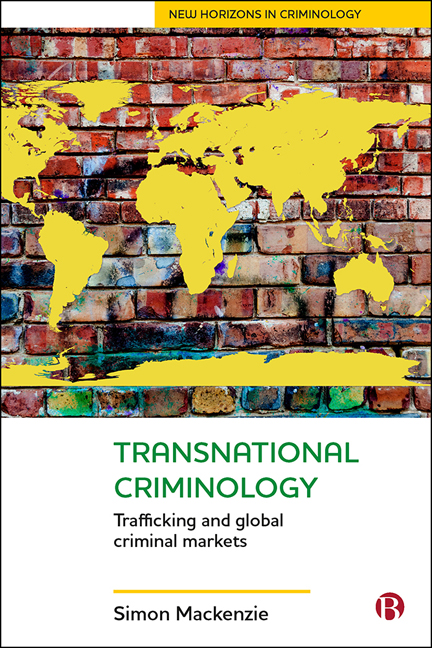Book contents
3 - Human Trafficking
Published online by Cambridge University Press: 25 February 2021
Summary
The nature and extent of the harm
Human trafficking is an industry. It supplies cheap labour to markets where this can be exploited, and sex workers to sources of demand for prostitution. To call it an industry does not imply corporate levels of organization; the term simply reinforces the widely accepted point that, like other resource-extractive industries, the aim is the sourcing of suitable ‘raw materials’, the transformation of those raw materials into a product, the movement of the product to a receptive marketplace, and then the final step, turning the product into money in the market.
Much of the discussion about human trafficking to date has focused on sex trafficking, but labour trafficking for business sectors other than the sex industry is also a significant part of the problem. In 2016, an estimated 25 million people worldwide were exploited in forced labour including the sex industry but also working under threat or coercion as domestic workers, on construction sites, in clandestine factories, on farms and fishing boats, and in other sectors (ILO 2017). Women and girls were found to be 99 per cent of those victimized by sex trafficking and 58 per cent of those trafficked into other forced labour sectors. Around one-fifth of the victims of sex trafficking in 2016 were children (ILO 2017). As well as trafficking victims into the sex industry and other legitimate industries, human trafficking also feeds war and crime, as where trafficking ‘occurs for the purpose of child soldiering, forced begging, and other criminal activities, and organ harvesting’ (Aronowitz 2019: 12).
Human trafficking victims are subjected to serious physical, emotional and sexual abuse (Bales 1999). They have their liberty curtailed, often being held captive in part physically (such as with the removal of passports or being locked into rooms) and in part psychologically (such as where escape is disincentivized with threats of violent repercussions). Their living circumstances are often abject, and in addition to being forced into sex they may also be forced into drug and alcohol abuse, all of which risk serious disease. Health researchers have performed two systematic reviews of the research literature on the physical, mental and sexual health problems associated with human trafficking (Oram et al 2012; Ottisova et al 2016).
- Type
- Chapter
- Information
- Transnational CriminologyTrafficking and Global Criminal Markets, pp. 37 - 54Publisher: Bristol University PressPrint publication year: 2020



